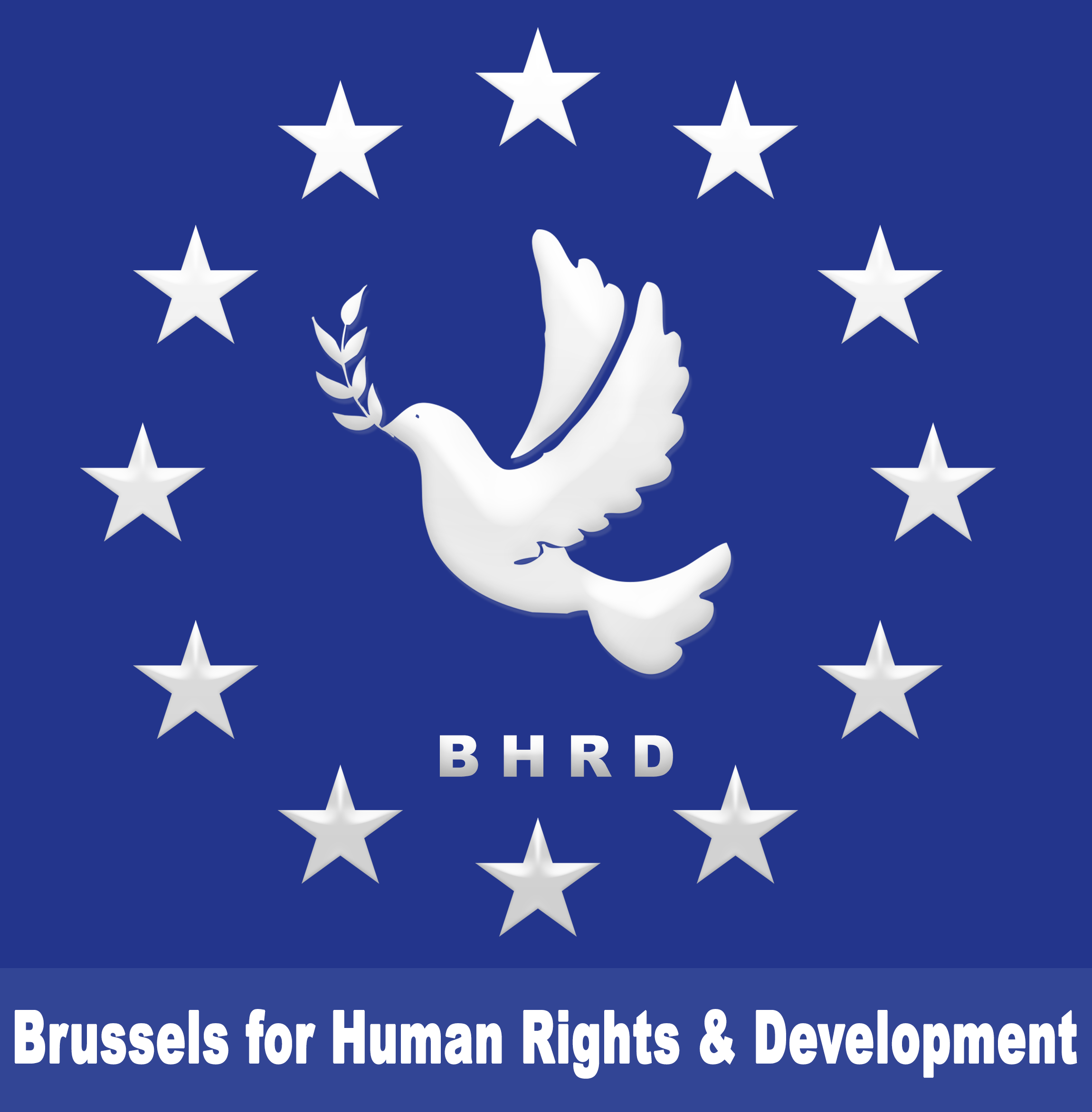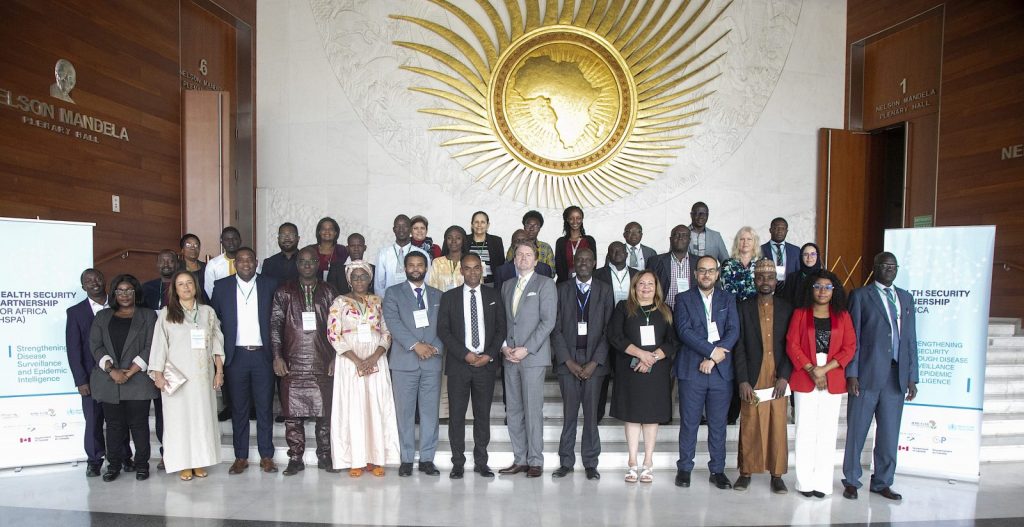In a groundbreaking move to safeguard public health in Africa, the Africa Centres for Disease Control and Prevention (Africa CDC), the World Health Organization (WHO), and the Robert Koch Institute (RKI) have unveiled the Health Security Partnership. This crucial collaboration aims to fortify disease surveillance and epidemic intelligence across the continent, bolstering Africa’s health security capabilities. In this blog post, we delve into the significance of this initiative and its potential impact on the region’s health.
Strengthened Disease Surveillance: A Cornerstone of Health Security:
With a focus on biosecurity, integrated disease surveillance, event-based surveillance, genomic surveillance, and epidemic intelligence, the Health Security Partnership recognizes the pivotal role of disease surveillance in ensuring effective health security. While significant progress has been made in this area over the past decade, Africa still faces a higher number of outbreaks and health emergencies, many of which could be averted through proven public health interventions.
Addressing Lessons from the COVID-19 Pandemic:
The COVID-19 pandemic has underscored the importance of robust public health surveillance systems. It revealed the need for advancements in data collection, management, reporting, and dissemination to enable evidence-based policymaking during health security crises. The Health Security Partnership aims to build on these lessons and enhance Africa’s preparedness and response capabilities.
Key Objectives of the Health Security Partnership:
- Improved Integrated Disease Surveillance: The partnership will work towards better detection, confirmation, and notification of health security threats through enhanced integrated disease surveillance systems.
- Multi-Country Implementation: In its initial phase, the project will be implemented in six African Union Member States, including The Gambia, Mali, Morocco, Namibia, Tunisia, and South Africa. It will later expand to include more countries, fostering a collaborative and continent-wide approach to health security.
- Collaboration with WHO and RKI: The Health Security Partnership will leverage the expertise of the WHO’s Regional Offices for Africa and the Eastern Mediterranean, along with the Robert Koch Institute, to strengthen health systems and promote regional cooperation in Africa.
- Emergency Preparedness and Response: By building and pooling capabilities and expertise for disease surveillance and epidemic intelligence, the partnership aims to enhance Africa’s emergency preparedness and response mechanisms.
- Funding and Support: Funded by the Government of Canada’s Weapons Threat Reduction Program and aligned with the health security objectives of the G7-led Global Partnership Against the Spread of Weapons and Materials of Mass Destruction, the partnership signifies a collective commitment to collaboration and support for Africa’s health security.
The Health Security Partnership forged between Africa CDC, WHO, and RKI represents a momentous step towards strengthening disease surveillance in Africa. With a focus on integrated surveillance, regional cooperation, and emergency preparedness, this collaboration aims to protect the health of millions across the continent. By pooling capabilities, expertise, and resources, the partnership stands poised to revolutionize disease surveillance and epidemic intelligence in Africa, creating a more resilient and secure health system for the future. Together, we can build a healthier Africa, ready to face any health challenges that may come its way.
Original Post on the WHO Website


 العربية
العربية